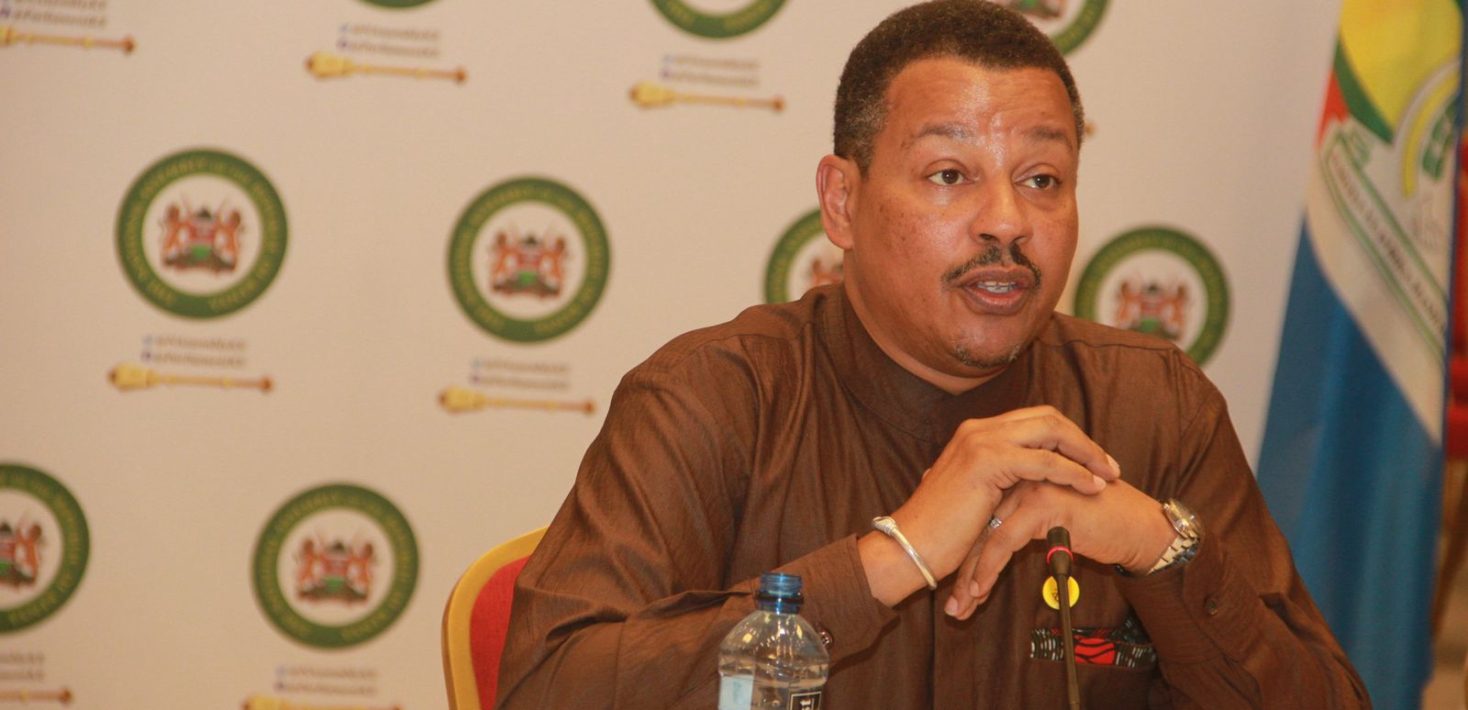May 2025
Profile
Amnesty International Kenya aspires to a Kenya where everyone lives with dignity, freedom, and equality, enjoying all constitutional rights and responsibilities. Our 1,500 members, Kenyan board and staff are committed to confronting injustice and human rights violations through research, campaigning, human rights education and public interest litigation. More www.amnestykenya.org
Dear Honourable Members of Parliament,
Amnesty International Kenya welcomes the opportunity to pronounce ourselves on the Finance Bill 2025. The bill seeks to amend various tax laws, including the Income Tax Act (ITA), the VAT Act, 2013 (VAT Act), the Excise Duty Act, the Tax Procedures Act, 2015 (TPA), the Fees and Levies Act, and the Stamp Duty Act.
The proposals outlined in the Finance Bill 2025 come at a time when Kenya’s poverty rate stands at 39.8%. Over 20.2 million individuals live below the poverty line and cannot meet the cost of their basic needs. 17.4 million of the 20.8 million people in employment last year were employed in the informal sector. Put another way, more than 83% of Kenyan workers today lack the protection offered by the Employment Act. Many Kenyans work under poor employment conditions, have limited social or job security and are very vulnerable to exploitative labour practices.
Kenya’s debt repayments—projected at KES 996 billion in FY 2024/25—remain the largest budget item, limiting funds for essential public services. With a 335% increase in debt since 2014, this burden poses a serious threat to economic and political stability and the realisation of constitutionally guaranteed human rights.
Given these conditions, the Government of Kenya must avoid retrogressive tax measures that ultimately impact most on vulnerable and marginalised populations. The 2025 Finance Act must ensure that tax models adopted by Parliament and implemented by the Executive are rights-compliant, protecting Kenyans from inequity and discrimination while maximising available resources to ensure the maximum realisation of human rights.
Amnesty International Kenya is specifically concerned about the following clauses in Parts III and VII of the Finance Bill and makes the following recommendations.
| Clause | Bill Provision | Analysis/ implication | Proposal/Position |
| 35 & 36 | Bill seeks to amend First Schedule (Exempt Supplies) to introduce liability to pay tax for exempt and zero-rated supplies | The proposal to apply Value Added Tax (VAT) to previously exempt and zero-rated supplies will increase the costs of goods and services within the health, manufacturing, energy, mining, housing, and tourism sectors, leading to a reduction in the disposable income of the general population. For instance, introducing VAT on medicines and medical equipment will further increase healthcare costs for millions. Rather than leading to the progressive realisation of the constitutional right of all Kenyans to affordable healthcare (CoK Article 43), it will increase the incidence of Kenyan families facing medical catastrophe. Imposing VAT on specialised equipment for developing and generating solar and wind energy will increase the costs of accessing clean, renewable energy. This will undermine Kenya’s international commitment to achieve 100% clean, green energy. Imposing VAT on inputs and raw materials used in the manufacture of passenger motor vehicles, as well as on locally manufactured passenger motor vehicles, would increase the cost of local manufacturing and reduce productivity in an already declining sector. Removing tax exemptions on a wide range of local or imported raw and materials needed for medicine and animal feed, transportation of sugarcane, locally made phones, motorcycles, electric bicycles, solar and lithium batteries, and electric buses among others will inevitably lead to these extra costs being passed to consumers and raise living costs for millions. | Bill seeks to amend the First Schedule (Exempt Supplies) to introduce liability to pay tax for exempt and zero-rated supplies. |
| 52 | The Bill proposes to delete Section 59A(1B) of the Tax Procedures Act (Data Management and Reporting System) | Section 59A (1B) of the Tax Procedures Act currently safeguards against arbitrary and unfettered access to sensitive personal data by the Kenya Revenue Authority (KRA). Its proposed deletion would open the door for KRA to demand extensive data from businesses, potentially encompassing sensitive personal information of millions of Kenyans, without adequate safeguards or clear limitations. This would provide KRA access to data far beyond what is strictly necessary for tax assessment. While there is a legitimate need for the KRA to collect revenue, any measure that limits a fundamental right must be proportionate to the objective sought and demonstrably necessary in a democratic society. A blanket power to demand data integration without safeguards risks turning tax collection into a tool for mass surveillance. The Data Protection Act 2019 was enacted to operationalize the constitutional right to privacy, which provides that data must be collected for specified, explicit, and legitimate purposes. While tax administration is a legitimate purpose, the proposed amendment allows for the collection of data that may not be directly relevant or necessary for tax assessment, thereby exceeding the principle of purpose limitation. The Act also requires that personal data collected be adequate, relevant, and limited to what is necessary for the purpose for which it is being collected. | Retain Section 59A (1B) of the Tax Procedures Act. The National Assembly must uphold the right of Kenyans to have their data protected in line with CoK Article 31 and the Data Protection Act (2019) |
Finally, we urge the National Assembly to conduct a thorough, rights-based review of the Finance Bill (2025) to ensure that the Bill serves its legitimate purpose of revenue generation while simultaneously uplifting the financial condition, dignity and rights of all Kenyans, and especially those grappling most with poverty and exclusion.
We thank you, honourable Members of Parliament, for the opportunity to submit this memorandum on the Finance Bill (2025) and trust you will act on our views.
Irũngũ Houghton
Amnesty International Kenya Section Director


